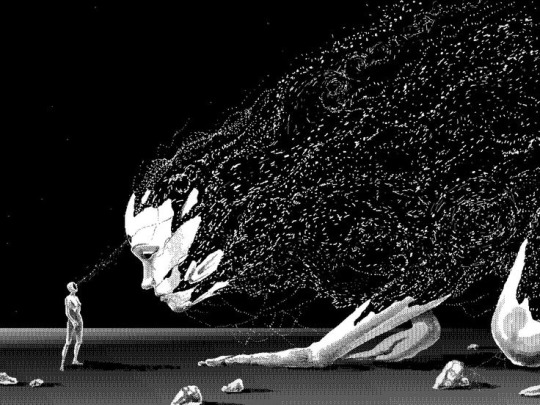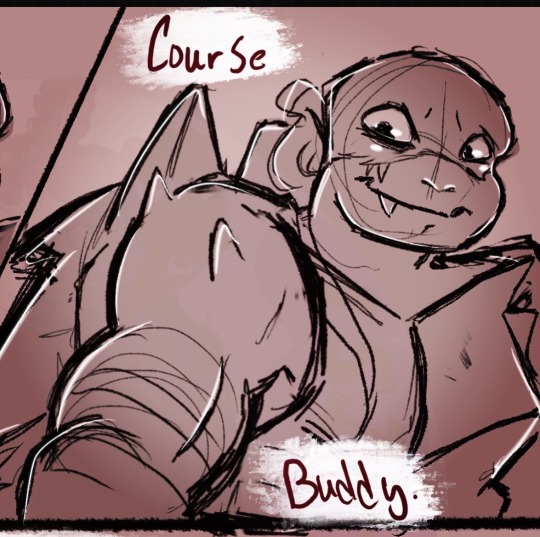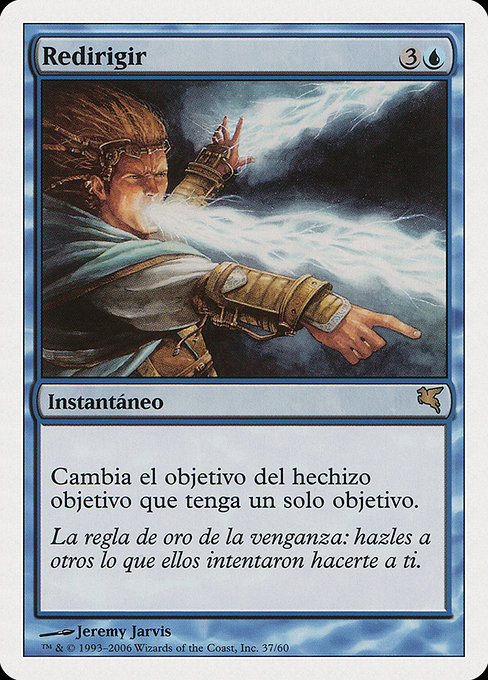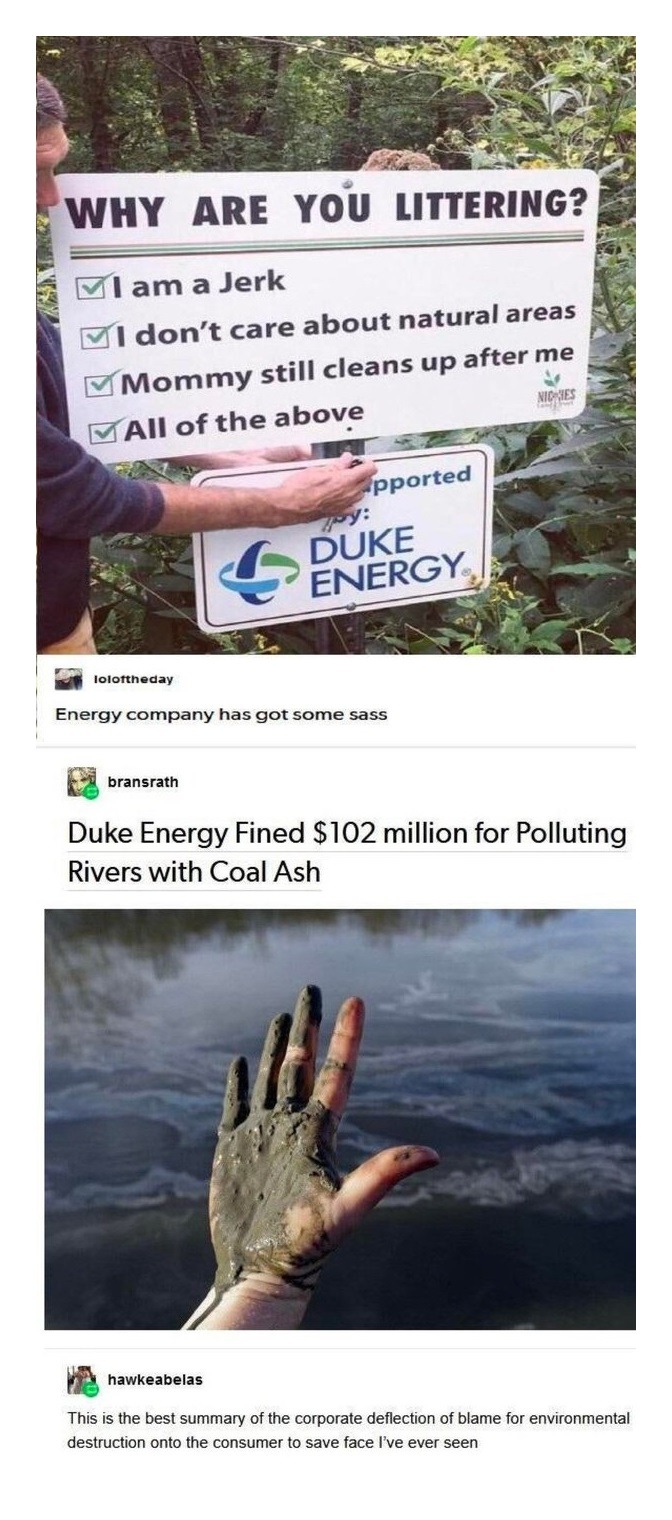#deflection
Explore tagged Tumblr posts
Text

The guy who banned 'women', 'racism', 'disability', 'climate' and hundreds of other words from all government documents.
755 notes
·
View notes
Text

UK 1982
#UK19182#HI TECH COMPUTERS LTD.#RETAIL#ACTION#STRATEGY#VIC20#ALIEN WARS#FIRE TREK#NAVAL BATTLE#SLOT MACHINE#SPACE INVADERS#SUBMARINE#SUPER BREAKOUT#DEFLECTION#DRAGON MAZE#ALIEN MAZE#MISSILE COMMANDER#CARE DRIVE#HEAD ON#VIC CUBE
37 notes
·
View notes
Text
instagram
Listen! Pay attention...!
#its a distraction#deflection#fuck trump#maga morons#fuck maga#maga cult#traitor trump#republican assholes#republican cheats#trump is an idiot and so are his voters#fuck the gop#inbred#Instagram
20 notes
·
View notes
Text

When someone doesn’t know how to handle being seen, they will try to shrink the one who sees them. They will minimize your insight. They will mock your awareness. They will twist your clarity into arrogance and turn your care into condescension, because if they can reduce you, they won’t have to confront the mirror you’ve become for them.
#emotional maturity#shadow work#psychological trauma#emotional intelligence#inner work#conscious awareness#deflection#self accountability#energy doesn’t lie#mirror work#mirror#emotional wounds#know your worth#boundaries#spiritualclarity#digital diary#emotional healing#spiritual maturity#human psyche#art#spilled words#belittle#accountability#karmic lessons#mystic#esoteric#magick#divinity#divine feminine#occult
12 notes
·
View notes
Text









IIWII pt.6
He knows, but he’s not gonna dump anymore stuff on his baby brother. After all, Raph is the big brother, the one who is the biggest, it’s on him to make sure his family is safe. He can’t let his guard down, can he?
#platonic#rise tmnt#rottmnt raph#sketch#rottmnt#rottmnt donnie#tmnt fandom#wholesome#raph tmnt#raph angst#rottmnt mikey#rottmnt au#rottmnt fanart#rottmnt angst#deflection#it is what it is#tmnt michelangelo#mystic#rise mikey#mikey rottmnt#family#eldest daughter syndrome#unhealthy coping mechanisms#panic#tmnt#donnetello#brains and brawn#sunset duo
165 notes
·
View notes
Photo

Deflection
Artist: Jeremy Jarvis TCG Player Link Scryfall Link EDHREC Link
13 notes
·
View notes
Text

credit to u/MyDogGoldi for the picture
#meme lord#memes#tumblr memes#open up#secret identity#my personality#cold#coldness#deflection#jokes#humor#private#privacidad#personal
12 notes
·
View notes
Text

It's a classic tactic often seen in manipulative or toxic behavior. Some people intentionally push your buttons, hoping to provoke a reaction, because then they can turn the tables and make you seem like the problem. It's a way for them to avoid accountability for their own disrespect or bad behavior. By getting you to react emotionally, they can shift the focus onto your response instead of addressing what they did wrong. It’s manipulative and dishonest, and it’s a way to control the narrative and keep you from pointing out their flaws.
It’s one of the red flags that’s important to recognize because it can create a cycle where you're constantly on the defensive, trying to justify your feelings or actions, while they escape any real consequences for their toxicity.
#disrespect#toxic people#toxic behavior#quotes#thoughts#life quotes#relatable#deflectors#deflection#reactions#emotional abuse#mental abuse
3 notes
·
View notes
Text
Don't you dare speak the truth! We want only twitter and Facebook facts on here.

#spilled thoughts#current affairs#current events#war news#news update#news on gaza#news on palestine#israel palestine conflict#anti israel propaganda#internalized antisemitism#student protests#university protests#campus protests#uk protests#dystopia#deja vu#hamas apologists#hamas genocide#genocide#palestinian terrorism#gaza#gazan complicity#hamas war crimes#responsibility#personal responsibility#victim mindset#dumbed down#humanity#human experience#deflection
5 notes
·
View notes
Text
People worry too much about what others are doing and don’t realise this is why they care so much about what others think of them.
1 note
·
View note
Text
Democrat Party is The Party of Collective Narcissism
Recent footage from a CNN interview provides a compelling case study for the analysis of collective narcissism within group dynamics or political entities. This clip, serving as visual evidence, encapsulates the quintessential strategies that are indicative of such collective behavior. Specifically, it illustrates tactics such as changing the subject, blame-shifting, projecting, playing the victim, gaslighting, minimization, and rationalization. These strategies are emblematic of a group’s or political body’s tendency to mirror the behavioral patterns commonly associated with individual narcissistic personalities. The application of this framework to the observed interaction within the interview offers a deeper understanding of the underlying psychological mechanisms at play in collective narcissism.
Introduction
Collective narcissism is a psychological phenomenon where a group possesses an inflated self-conception, dependent on external validation and praise. Members of a collective narcissist group often exhibit selective outrage, particularly sensitive to criticism aimed at their own group while readily pointing out faults in others. For example, in the political realm, one might observe a collective narcissist group emphasizing historical racial injustices perpetrated by whites, holding white individuals or groups to rigorous standards of accountability for past and present racism, while simultaneously dismissing or downplaying the group's own racial biases or instances of discrimination. This is and has been manifesting into a one-sided narrative that all societal issues stem from historical white mistakes, often ignoring or minimizing the group's current missteps or potential for prejudices.
Democrats as Collective Narcissists
In-Group favoritism, collective narcissists exhibit extreme partiality towards their own members. It’s called identity politics and if you don’t vote instep or “identify” as such, well you’re going to have at minimum subtle forms of social control applied to you. Out-group erogation, they disparage heterosexual white folks, largely targeting the male population, who challenge their superiority through diving and showing up at their houses with borderline aggressive protests, and some actually call for acts of violence. For example the severed Trump head, by a former famed actress a few years ago.
They act with aggression in response to threatened ego, they react defensively, sometimes aggressively, when their group's prestige is questioned. Then there is this denial of reality and facts, they frequently deny or distort facts that do not align with their self-image. They seek constant admiration and affirmation for their “social justice” activism and beliefs. They crave and actively seek affirmation of their group's perceived grandeur.
Changing The Subject
The first strategy used is changing the subject, it is a common deflection technique to avoid uncomfortable topics. Holder reimagines a scenario in the conversation where the Republican Party acts like the Democratic Party's and instead of Democrats asking AG’s to investigate Trump. In this reimagined of what is really happening to Trump. Democrats are now the victims, these actions serve entirely different, purpose. It distracts the audience from reality of what is actually happening to Trump. Avoids highlighting their policy and related issue with the Trump administration.
Blame Shifting
Holder then blame shifts, after he re-imagines a real life political scenario where Democrats are weaponizing the Justice system and doing everything they imagined in this real life scenario to Trump. Instead Trump is doing it to them. The blame shift is so subtle and clever, but serves his agenda to shift blame away from any personal or Democrat party's past misdeeds, suggesting that it is actually the other party (in this case, President Trump and his administration) that is engaging in corruption. This blame-shifting moves the spotlight from his own actions or those of his political affiliates to the opposing side.
Projection
Holder may then project, accusing the Trump administration of engaging in the very behaviors for which he or his party are being criticized. This projection serves to muddy the waters, casting aspersions on the opposition while deflecting from his or his party's actions. Holder reimagined a scenario where democrats are not only victims, and saviors of Democracy but everything is actually happening to Trump now, is now being reimagined and projected on to the oppositional party as happening to them. This evident when Holder explains the relational scenario where high ranking officials ask a “compliant” AG or DOJ to investigate people they don’t like. This is exactly what happen to Trump.
Playing Victim
Which brings me to the next strategy, playing the victim. The interview on CNN (2023) demonstrates a classic instance of collective narcissism, where the interviewed party employs tactics such as changing the subject, blame-shifting but now plays the role of the victim, reflective of the patterns observed in groups with narcissistic tendencies. To Holder, the Democratic Party is the “real victim” here. This evidenced by Holder imagining the Democratic Party positioning themselves as unfairly targeted by Trump's camp, suggesting that they are the ones suffering under false accusations or partisan attacks. Nothing of real world evidence is being suggested as happening. For example, what is happening to Trump, now, like the law-fare, the lack of evidence to support two Trump impeachments, the Russian collusion of which the FBI agents involved in those investigations were convicted of actual wrongdoing, meaning the agents themselves who were in charge with investigating Trump, were actually the ones colluding with Russian Oligarchs.
Gaslighting
With a subtle display of gaslighting, Holder manipulates viewers by casting doubt on the integrity and intentions of the Trump administration, subtly diverting attention from concrete evidence of their actions towards President Trump. Former Attorney General Eric Holder commented on the issue, "Hunter Biden charges wouldn't have been brought in normal scenario" (CNN, 2023, 00:15). Before the blame shift, projection and playing victim, there was the truth. He’s correct these are not “normal times”, everything happening Trump now, is unprecedented. No one has used law-fare, to prevent an opponent from running for office. Why wouldn’t that rising political opponent not seek accountability? He reframes the discourse, suggesting that such criticisms are nothing more than partisan tactics aimed at discrediting the Democratic Party. This strategic narrative shift paints the Democrats as casualties of an "unjust" electoral process, besieged by authoritarian figures, rather than confronting the reality of the situation. The truth, as Holder veils it, is obscured by a narrative that avoids acknowledging the Trump administration's legitimate efforts to enforce accountability. This includes the invocation of program F and the dismissal of individuals who are excessively aligned with a regime characterized by pronounced collective narcissism. In essence, Holder is redirecting the conversation, insinuating that the push for accountability is an act of political aggression rather than a response to actual mismanagement or malfeasance.
Minimization
Which brings me to my third symptom, minimization. Minimization is evidenced when holder downplays the significance of any wrongdoing that he or his party might be accused of, which leaves the audience to assume that what he and the Democratic Party do are minor issues compared to the alleged corruption, and “authoritarianism”, within the Trump administration. When confronted with the notion of President Trump's reelection and the hypothetical appointment of a corrupt Attorney General, a figure like Eric Holder deflects the criticism by attributing the very issues present in the current administration to the hypothetical future one. This deflection serves as a mirror, reflecting the accusations back onto the accuser, a common tactic seen in political discourse.
Rationalization
Holder might conclude his defense with rationalizations, portraying any controversial actions from his term as unavoidable necessities dictated by the political environment. He asserts that these actions were the lesser evil compared to what he predicts would be the far more detrimental consequences of President Trump's potential appointees. Within this justification narrative, Democrats are depicted as the unwavering defenders of democracy. Conversely, Trump is labeled a racist, an accusation Holder presents as a clear-cut example of collective narcissism, implying that such a flaw could never exist within the Democratic ranks. This is underpinned by a mythology that claims people of color cannot be racist as they lack the systemic power to enforce such racism, a belief that shifts focus from individual prejudice to systemic injustice.
In this context, rationalization takes a more extreme form: the assertion that the Democrats must "save America from its voters." This is done through legal maneuvers and any means deemed necessary, painting the party as protectors in a dire situation. Such narratives echo classic Marxist ideology, which Holder suggests is also evident in the actions of the Chinese Communist Party. Both are seen as authoritarian entities that argue their overreach is in service of protecting the working class, the proletariat, from the resurgence of the bourgeoisie's dominance. In Holder's discourse, the collective narcissism of the Democratic Party is framed not as self-interest, but as a noble struggle to uphold the greater good against prevailing class enemies.
Conclusion
By deploying these tactics, Holder would be engaging in a form of collective narcissism on behalf of his political affiliation, effectively defending the group's image by deflection rather than by direct refutation of the claims presented. In this charged exchange, a CNN posed with a question regarding the impact of President Trump's reelection and his choice of a potentially corrupt Attorney General, someone like Eric Holder, with his contentious history, might instinctively employ collective narcissistic deflection tactics. This form of deflection would involve shifting scrutiny from his own past actions to the hypothetical scenario, thus avoiding direct confrontation with any personal allegations of corruption. By mirroring the current criticism onto the future possibility, Holder could artfully navigate the conversation, effectively accusing the opposing side of the very transgressions being discussed. This method subtly shifts the focus from his own controversies to those of President Trump, implying a "they do it too" narrative.
This maneuver is designed to sidestep direct accountability and instead redirects the conversation toward a critique of Trump's potential decisions, thus maintaining a strategic defensive stance. The suggestion here is that the hypothetical corruption of a future Trump-appointed AG is not only possible but is, in fact, a reflection of the current state of affairs — a tactic that serves to normalize and diminish the gravity of Holder's own past actions by comparison. Holder could respond with a variety of strategies typical of narcissistic deflection but tailored to a collective or political narrative: blame-shifting to other political figures or entities, projecting the administration's faults onto its adversaries, gaslighting the public into questioning the veracity of any criticism aimed at them, and rationalizing any questionable actions as necessary or misinterpreted.
References:
Golec de Zavala, A., Cichocka, A., Eidelson, R., & Jayawickreme, N. (2009). Collective narcissism and its social consequences. Journal of Personality and Social Psychology, 97(6), 1074-1096. https://doi.org/10.1037/a0016904
Golec de Zavala, A., Peker, M., Guerra, R., & Baran, T. (2016). Collective narcissism predicts hypersensitivity to in-group insult and direct and indirect retaliatory intergroup hostility. European Journal of Personality, 30 (6), 532-551. https://doi.org/10.1002/per.2067
Marchlewska, M., Cichocka, A., & Kossowska, M. (2018). Addicted to praise: The role of positive feedback in collective narcissism's link with intergroup hostility. Journal of Personality and Social Psychology, 114(3), 374-393. https://doi.org/10.1037/pspi0000117
CNN. (2023, December 8th). Eric Holder: Hunter Biden charges wouldn't have been brought in normal scenario [Video]. CNN Politics. https://edition.cnn.com/videos/politics/2023/12/08/hunter-biden-eric-holder-reaction-sot-lcl-vpx.cnn
#lawfare#projecting#gaslighting#minimizing#blame shifting#deflection#collective narcissism#democrats#rationalization#playing victim#changing the subject
3 notes
·
View notes
Text







May 24, 2017
2 notes
·
View notes
Text
This is not "self defense"
#100 days#gaza under siege#gaza under genocide#israel is committing genocide#genocide enabler#the us is complicit in genocide#genocide joe#israel is an apartheid state#apartheid#this was never about hamas#deflection#ethnic cleansing#collective punishment#illegal occupation#save palestine#stand up for humanity#stand with palestine#free palestine 🇵🇸#stolen culture#stolen lives#stolen land#stolen history#stop the killing#ceasefire#al jazeera#propaganda kills#be on the right side of history#spread awareness#seek the truth#never again means never again for ANYONE
2 notes
·
View notes
Text

2 notes
·
View notes
Text
youtube
0 notes
Text
youtube
How John Oliver uses comedy to lie
#youtube#call me chato#john oliver#john oliver lies#liar#trans ideology#last week tonight#last week with john oliver#women#women rights#sports#deflection#athlete#transgender
0 notes